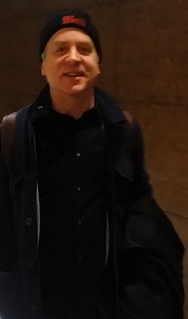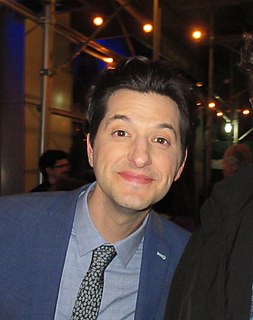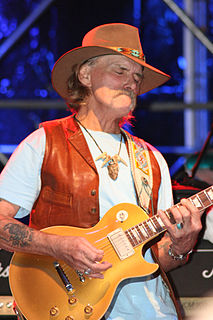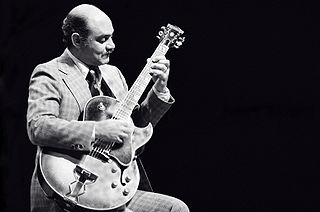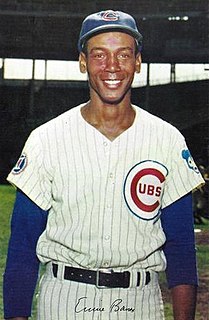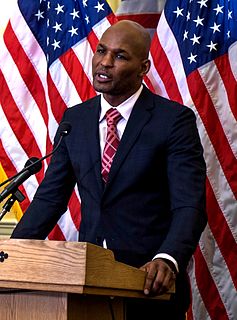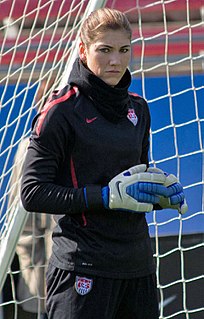A Quote by Jeremy Denk
I've learned a lot from being a chameleon, sort of adopting the musical personalities of who I was playing with.
Quote Topics
Related Quotes
I'm sort of old-fashioned in the sense that I like to write something that I feel I could just perform alone, obviously, because I do that a lot in concert. So I try to make a song where there is as much that is as distinct as I can get it, just if I'm playing it or if I'm singing it. That makes me really do a lot of stuff in the guitar work when I sit and try to figure out how to indicate what sort of dynamic I'm aiming for. Where, rhythmically, I want to go. That's sort of what ties a lot of different records together, is that it's usually always based around me singing and playing a guitar.
Working with Monk brought me close to a musical architect of the highest order. I felt I learned from him in every way--through the senses, theoretically, technically. I would talk to Monk about musical problems, and he would sit at the piano and show me the answers just by playing them. I could watch him play and find out the things I wanted to know. Also, I could see a lot of things that I didn't know about at all.
You can't think and play. If you think about what you're playing the playing becomes stilted. You have to just focus on the music I feel, concenctrate on the music, focus on what you're playing and let the playing come out. Once you start thinking about doing this or doing that, it's not good. What you are doing is like a language. You have a whole collection of musical ideas and thoughts that you've accumulated through your musical history plus all the musical history of the whole world and it's all in your subconscious and you draw upon it when you play
?What color is a chameleon placed on a mirror? ... The chameleon responding to its own shifting image is an apt analog of the human world of fashion. Taken as a whole, what are fads but the response of a hive mind to its own reflection? In a 21st-century society wired into instantaneous networks, marketing is the mirror; the collective consumer is the chameleon.
I learned a lot from Clint [Eastwood], who's an extremely economic director. I learned a lot from Michael Winterbottom, who really gave a lot of trust in the actors and allowed them to live in the space instead of trying to manipulate and make it too set and too staged. Working with [Robert] De Niro taught me a lot of being an actors' director and what that is. I've learned a lot from pretty much everybody. Hopefully I've picked up something from everybody I've worked with.
